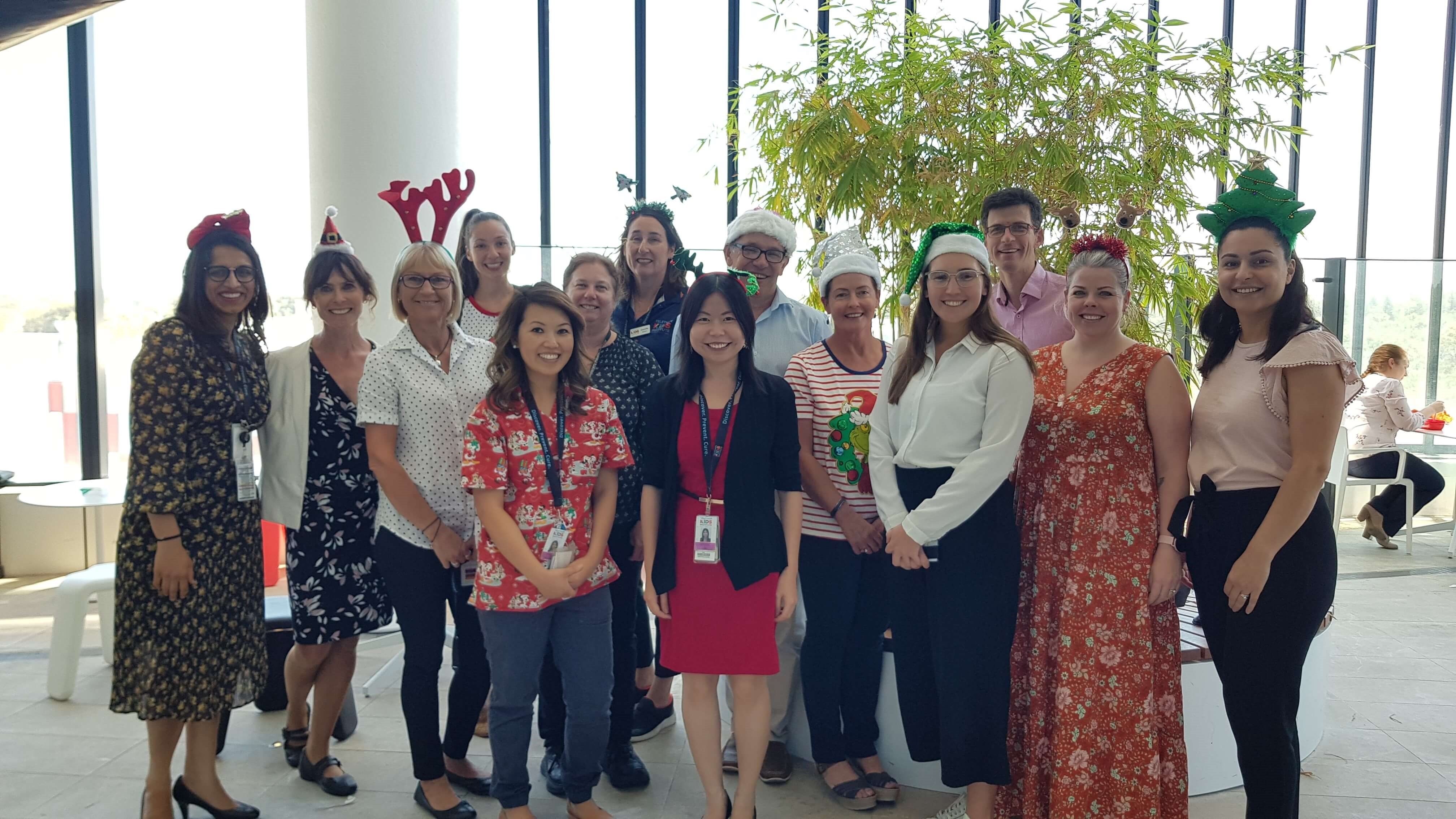Search
Showing results for "Au"
Research
"Hurts less, lasts longer"; a qualitative study on experiences of young people receiving high-dose subcutaneous injections of benzathine penicillin G to prevent rheumatic heart disease in New ZealandFour-weekly intramuscular benzathine penicillin G injections to prevent acute rheumatic fever progression have remained unchanged since 1955. A Phase-I trial in healthy volunteers demonstrated the safety and tolerability of high-dose subcutaneous infusions of BPG which resulted in a much longer effective penicillin exposure, and fewer injections. Here we describe the experiences of young people living with ARF participating in a Phase-II trial of SubCutaneous Injections of BPG.
Research
The effects of sleep duration on child health and developmentChildren and adolescents spend more than one-third of their time sleeping. Yet, we know little about the causal impact of sleeping on their development. This paper is the first to exploit variation in local daily daylight duration measured on pre-determined diary dates across the same individuals through time as an instrument in an individual fixed effects regression model to draw causal estimates of sleep duration on a comprehensive set of child development indicators.
Research
From signalling pathways to targeted therapies: unravelling glioblastoma’s secrets and harnessing two decades of progressGlioblastoma, a rare, and highly lethal form of brain cancer, poses significant challenges in terms of therapeutic resistance, and poor survival rates for both adult and paediatric patients alike. Despite advancements in brain cancer research driven by a technological revolution, translating our understanding of glioblastoma pathogenesis into improved clinical outcomes remains a critical unmet need.
Research
Accuracy of self-reported private health insurance coverageStudies on health insurance coverage often rely on measures self-reported by respondents, but the accuracy of such measures has not been thoroughly validated. This paper is the first to use linked Australian National Health Survey and administrative population tax data to explore the accuracy of self-reported private health insurance (PHI) coverage in survey data.

Coming up in 2021 Contact us We have a a study to suit every age range in 2021! From babies at just six weeks for the FluBub Study, through to
Research
Genome-Wide Association Study to Identify the Genetic Determinants of Otitis Media Susceptibility in ChildhoodWe identified several novel candidate genes which warrant further analysis in cohorts matched more precisely for clinical phenotypes.
Research
A qualitative investigation of recovery after femoral fracture in Rett syndromeThis study used qualitative methods to investigate the regaining of mobility in 12 months following fractures in Rett syndrome and parent caregiver experiences.
Research
Cord blood Streptococcus pneumoniae-specific cellular immune responses predict early pneumococcal carriage in high-risk infants in Papua New GuineaWe aimed to explore whether newborns in high-risk areas have pre-existing pneumococcal-specific cellular immune responses that effects early acquisition.
Research
Vagus nerve stimulation for the treatment of refractory epilepsy in the CDKL5 Deficiency DisorderOur study suggests that vagus nerve stimulation is a generally safe and effective adjunct treatment for CDKL5-associated epilepsy
Research
What effect does regular exercise have on oxidative stress in people with Down syndrome? A systematic review with meta-analysesThere remains uncertainty about the effect of exercise on oxidative stress in people with Down syndrome
